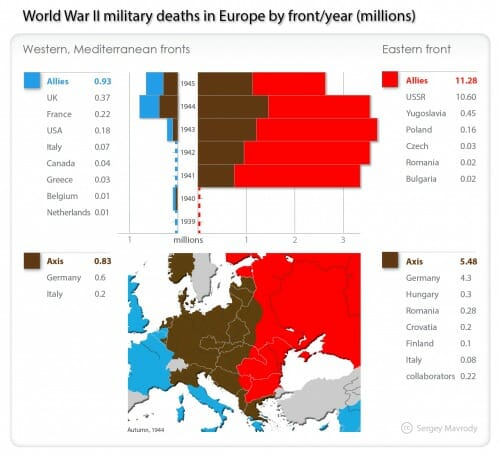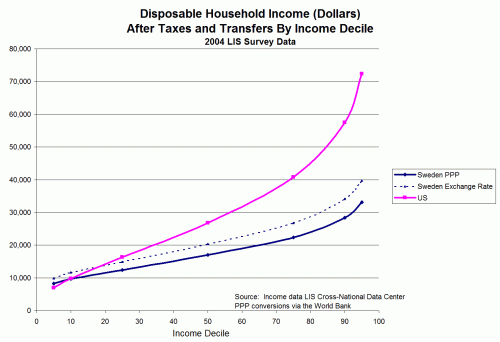Rental Market in San Francisco
One of the problems with making predictions about bad public policy is that sometimes you have to wait 20-30 years until after the policy was passed to see all the negative consequences play out, by which time people have forgotten about the initial policy changes that caused all the disruption.
But I got to skip those 30 years in San Francisco. I never really paid that much attention to the city until I read a book called "Season of the Witch" written by a progressive about life in San Francisco in the 60's and 70's. As I wrote previously:
What struck me most were the policies these folks on the Progressive Left had on housing. They had three simultaneous policy goals:
- Limit San Francisco from building upward (taller). San Francisco is a bit like Manhattan in that the really desirable part where everyone wants to live is pretty small. There was (and I suppose still is) a desire by landowners to build taller buildings, to house more people on the same bit of valuable land. Progressives (along with many others across the political spectrum) were fighting to have the city prevent this increased density as a threat to San Francisco's "character".
- Reduce population density in existing buildings. Progressive reformers were seeking to get rid of crazy-crowded rooming houses like those in Chinatown
- Control and cap rents. This was the "next thing" that Harvey Milk, for example, was working on just before he was shot -- bringing rent controls to San Francisco.
My first thought was to wonder how a person could hold these three goals in mind without recognizing the inevitable consequences, but I guess it's that cognitive dissonance that keeps socialism alive. But it should not be hard to figure out what the outcome should be of combining: a) some of the most desirable real estate in the country with b) an effective cap on density and thus capacity and c) caps on rents. Rental housing is going to be shifted to privately owned units (coops and condos) and prices of those are going to skyrocket. You are going to end up with real estate only the rich can afford to purchases and a shortage of rental properties at any price. Those people with grandfathered controlled rents will be stuck there, without any mobility.
Since reading the book, I have paid attention to stories on the rental market in San Francisco. In short, it is just as screwed up as would have expected 40 years ago when both density and rent caps were put in place.
As San Francisco's housing crisis continues to pit long-term residents against the recent influx of affluent tech employees, Airbnb and other short-term rentals have become a source of tension. Today San Francisco Mayor Ed Lee and Supervisor Mark Farrell hoped to ease some of that tension by introducing reforms to the city's short-term rental laws that put a 120 day yearly cap on all short-term rentals. The package of amendments also introduced the creation of a new Office of Short-Term Rental Administration and Enforcement for the city staff to "coordinate in the administration and aggressive enforcement of the law."
Airbnb and other short-term rental services have come under fire in San Francisco because they take rental units off an already limited housing market. The current law caps short-term rentals at 90 days when the host is not present. If the host is present -- for example a room rental in an occupied home -- there is no yearly cap. Today's amendment package sets caps for both types of rentals. Mayor Lee said in a statement, "this legislation will help keep our City more affordable for homesharers, preserve rental housing for San Franciscans, protect neighborhood character and streamline permitting and enforcement under a fair set of regulations."
This is from a tech site that has developed a reputation, at least with me, for being astoundingly ignorant of even basic economics, so one has to make some guesses at what is going on here. For example, it seems odd to say that renting a space on a short term lease rather than long-term somehow takes rental units off the market. They are still being rented, are they not? How could one describe them as being taken off the market?
My guess at what is going on here is that short-term rentals are likely exempt from some of the most onerous portions of San Francisco tenant law. Likely, renting short-term allows one to bypass rent controls and charge more. It also likely gives one some relief from the city and the state's horrendous tenant protections that make it virtually impossible to evict a tenant. You lease to someone in SF, and you are stuck with them for life like a shark with a remora on his back, even if that tenant refuses to pay rent for years or constantly trashes the apartment.
San Francisco has created a system where they are absolutely guaranteed to have a shortage of rental properties. Rather than address those laws that create the problem, politicians put their whole effort -- creating brand new agencies, no less -- to stop entrepreneurs from circumventing the madness and trying to provide housing.
Postscript: The war against wealthy tech workers in SF is in full swing. What SF would really like to do, I think, is close its borders and institute immigration controls to keep these folks out. I know there are many parts of the world, including unfortunately our country, that work to keep poor uneducated immigrants seeking opportunity out. But has there ever been a time or place in history where a particular place worked so hard to keep out rich educated immigrants seeking only to spend their money?






